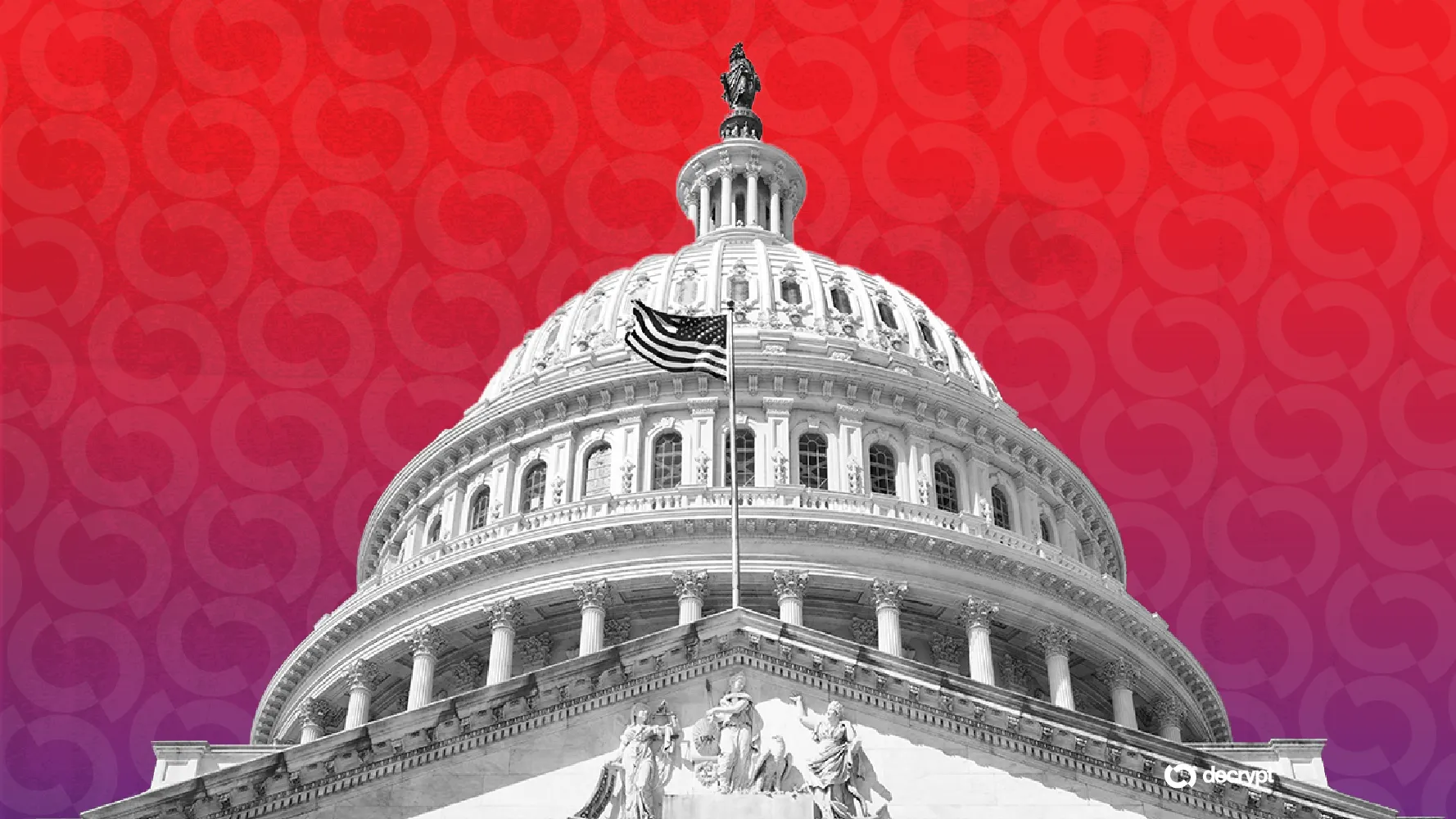In brief
- The American Federation of Labor and Congress of Industrial Organizations warned Monday the Responsible Financial Innovation Act provides only "the facade of regulation" while weakening worker protections and consumer safeguards.
- The labor federation's letter comes as Senate Republicans push for a floor vote in November.
- Union officials criticized provisions letting FDIC-insured banks directly trade crypto and enabling tokenized securities to bypass SEC oversight.
The largest federation of trade unions in the United States has thrown a wrench into the Senate's most ambitious crypto legislation to date, warning the bill lacks worker protections and would enable the industry to "operate in wider and deeper ways" without sufficient oversight.
AFL-CIO Director of Government Affairs Jody Calemine accused the Responsible Financial Innovation Act of providing only "the facade of regulation" while actually weakening consumer protections, in a letter dated Tuesday to Senate Banking Committee leadership.
The AFL-CIO represents millions of American workers whose pensions and 401(k)s could soon hold crypto if the legislation passes.
The 182-page Senate draft of the bill, released last month, would permit FDIC-insured banks to directly hold and trade crypto.
It would also codify blockchain-based "shadow stocks" that trade independently of traditional securities markets, the union warned.
"This not only exposes banks to heightened risk of losses and failures, but it also puts the FDIC's taxpayer-backed Deposit Insurance Fund at greater risk," Calemine wrote in the letter.
He drew comparisons to the unregulated derivatives trading that fueled the 2008 financial collapse, warning the bill creates conditions for crisis.
The federation also raised concerns about provisions that would greenlight retirement plans like 401(k)s and pensions to hold crypto.
"Rather than insulating workers from the instability of crypto assets values, the Responsible Financial Innovation Act would increase workers' exposure," the letter said.
These provisions "substantially weaken both federal and state enforcement tools" designed to protect pension funds from fraud, the AFL-CIO contends.
Calemine framed the legislation as enabling issuers to "evade SEC regulation through tokenization" and warned it would cause assets to proliferate that investors will wrongly perceive as safe."
The dispute comes as the Senate races toward a potential floor vote in November on the Responsible Financial Innovation Act, introduced by Senator Cynthia Lummis (R-Wyo.) alongside Democratic Senator Kirsten Gillibrand of New York.
"We want this on the president's desk before the end of the year,” Lummis told CNBC last month.
At least seven Democratic senators would need to join all Republicans to reach the 60-vote threshold for passage, though a Sept. 9 framework backed by 12 Senate Democrats signaled emerging bipartisan momentum despite the AFL-CIO’s opposition.
Crypto industry dismisses union concerns
Kadan Stadelmann, Chief Technology Officer at Komodo Platform, told Decrypt the AFL-CIO is fighting an inevitable shift.
"The AFL-CIO will find out soon enough that its defense of the status quo will prove costly as Bitcoin continues to siphon money away from traditional investment products, starting with the types of low-return products held by retirement funds," he said.
He predicted that within two decades, 401(k)s and pensions will inevitably hold Bitcoin, arguing that its volatility is steadily declining, a trend he said “will only strengthen in the years ahead.”
The “real facade” is the AFL-CIO’s claim to defend workers while keeping them tied to fiat currencies that erode their time’s value through inflation, Stadelmann added, calling it “an anachronistic institution in the age of Bitcoin.”
Nitesh Mishra, co-founder of ChaiDEX, told Decrypt, "the Act does not significantly modernize oversight" and instead "codifies a separate, loosely regulated parallel market, weakening consumer protections and SEC authority.”
Asked what guardrails would be essential if banks were permitted to custody crypto under FDIC insurance to avoid 2008-style contagion, Mishra called for "Robust on-off ramp of liquidity, transparency in the overall system, better protection from the regulatory authorities."

